- 335th Day of 2015 30 Remaining
- Winter Begins in 20 Days
- Sunrise: 7:06
- Sunset: 4:51
- 9 Hours 45 Minutes
- Moon Rise: 10:55pm
- Moon Set: 11:39am
- Phase: 66% 20 Days
- Next Full Moon November 25 @ 2:44pm
- This was the time to set beaver traps before the swamps froze, to ensure a supply of warm winter furs. Another interpretation suggests that the name Full Beaver Moon comes from the fact that the beavers are now actively preparing for winter. It is sometimes also referred to as the Frosty Moon.
- Tides
- High: 3:30am/2:12pm
- Low: 9:01am/9:06pm
- Rainfall
- This Year: 1.63
- Last Year: 3.44
- YTD Average: 4.67
- Annual Average: 23.80
- Holidays
- National Pie Day
- Christmas Lights Day
- Civil Air Patrol Day
- Eat A Red Apple Day
- Giving Tuesday
- Wear A Dress Day
- World AIDS Day
- Restoration Day-Macau
- Youth Day Portugal
- On This Day
- 1779 --- General George Washington’s army settles into a second season at Morristown, New Jersey. Washington’s personal circumstances improved dramatically as he moved into the Ford Mansion and was able to conduct his military business in the style of a proper 18th-century gentleman. However, the worst winter of the 1700s coupled with the collapse of the colonial economy ensured misery for Washington’s underfed, poorly clothed and unpaid troops as they struggled for the next two months to construct their 1,000-plus “log-house city” from 600 acres of New Jersey woodland.
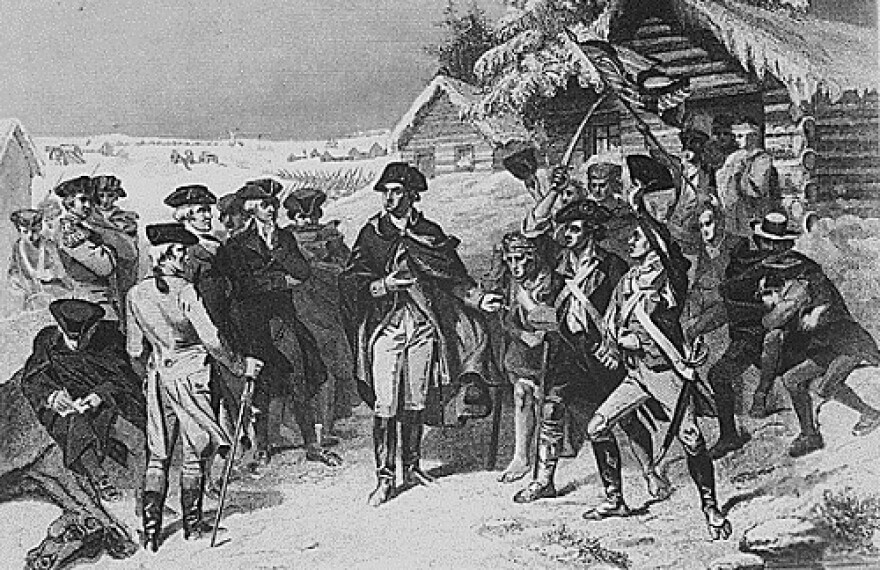
- 1824 --- The House of Representatives convened to decide the presidential election because no candidate had received a majority in the Electoral College. (John Quincy Adams was eventually chosen the winner over Andrew Jackson and William Crawford.)
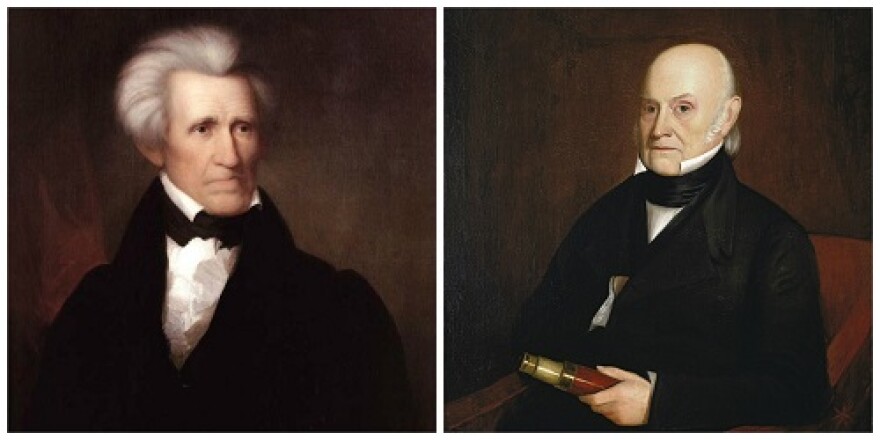
- 1835 --- Hans Christian Andersen published his first book of fairy tales.

- 1857 --- Ephraim Ball, of Canton, Ohio, received a patent for a 'Harvester' ("Improvement in Mowing-Machines"). Known as ‘Ball's Improved Ohio Mower’ (grass harvester) it is the first widely successful of two-wheeled flexible or hinged bar mowers.

- 1878 --- The first telephone was installed in the White House in Washington, D.C. Alexander Graham Bell installed it himself. Rutherford B. Hayes was president.

- 1885 --- Dr. Pepper is sold for the first time.

- 1913 --- The first drive-in automobile service station opened, in Pittsburgh.
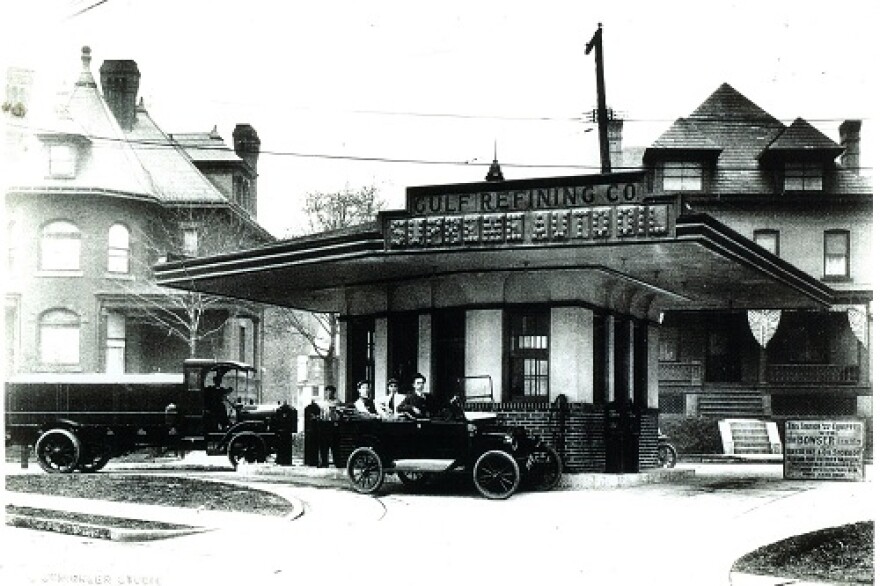
- 1913 --- Henry Ford installs the first moving assembly line for the mass production of an entire automobile. His innovation reduced the time it took to build a car from more than 12 hours to two hours and 30 minutes. Inspired by the continuous-flow production methods used by flour mills, breweries, canneries and industrial bakeries, along with the disassembly of animal carcasses in Chicago’s meat-packing plants, Ford installed moving lines for bits and pieces of the manufacturing process: For instance, workers built motors and transmissions on rope-and-pulley–powered conveyor belts. In December 1913, he unveiled the pièce de résistance: the moving-chassis assembly line.

- 1919 --- Lady Astor was sworn in as the first female member of the British Parliament.

- 1919 --- Three weeks after the armistice, and on the same day that Allied troops cross into Germany for the first time, a new state is proclaimed in Belgrade, Serbia. As the great Austrian and German empires were brought low in defeat, the new “Kingdom of the Serbs, Croats, and Slovenes” sprung to life, bolstered by the League of Nations promised support for Europe s minority populations.

- 1934 --- Sergey Kirov, a leader of the Russian Revolution and a high-ranking member of the Politburo, is shot to death at his Leningrad office by Communist Party member Leonid Nikolayev, likely at the instigation of Soviet leader Joseph Stalin. Whatever Stalin’s precise role in the assassination of his political rival Kirov, he used the murder as a pretext for eliminating many of his opponents in the Communist Party, the government, the armed forces, and the intelligentsia. Kirov’s assassination served as the basis for seven separate trials and the arrest and execution of hundreds of notable figures in Soviet political, military, and cultural life. Each trial contradicted the others in fundamental details, and different individuals were found guilty of organizing the murder of Kirov by different means and for varying political motives.

- 1955 --- In Montgomery, Alabama, Rosa Parks is jailed for refusing to give up her seat on a public bus to a white man, a violation of the city’s racial segregation laws. The successful Montgomery Bus Boycott, organized by a young Baptist minister named Martin Luther King, Jr., followed Park’s historic act of civil disobedience.
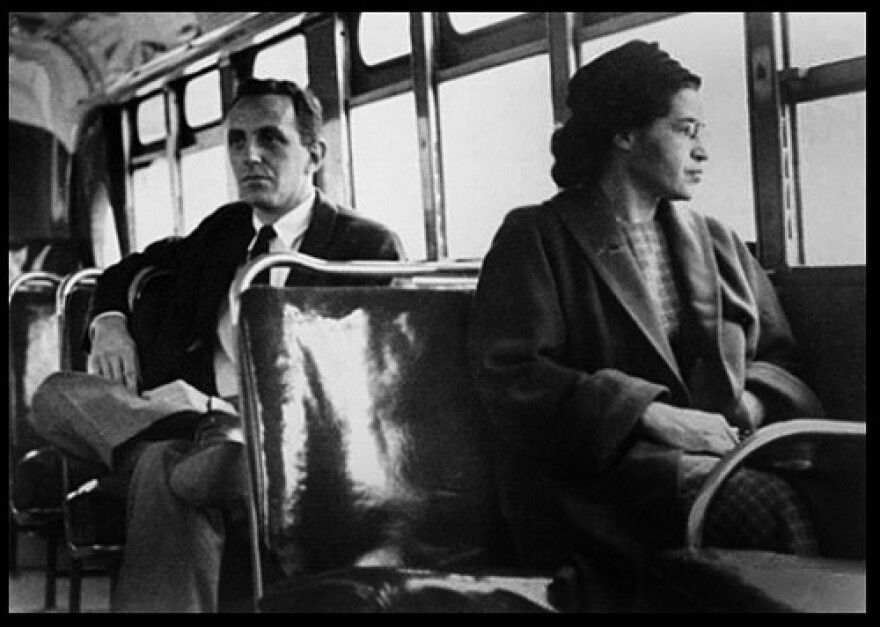
- 1956 --- The Leonard Bernstein musical "Candide" opened on Broadway. The work was based on the book by Voltaire.
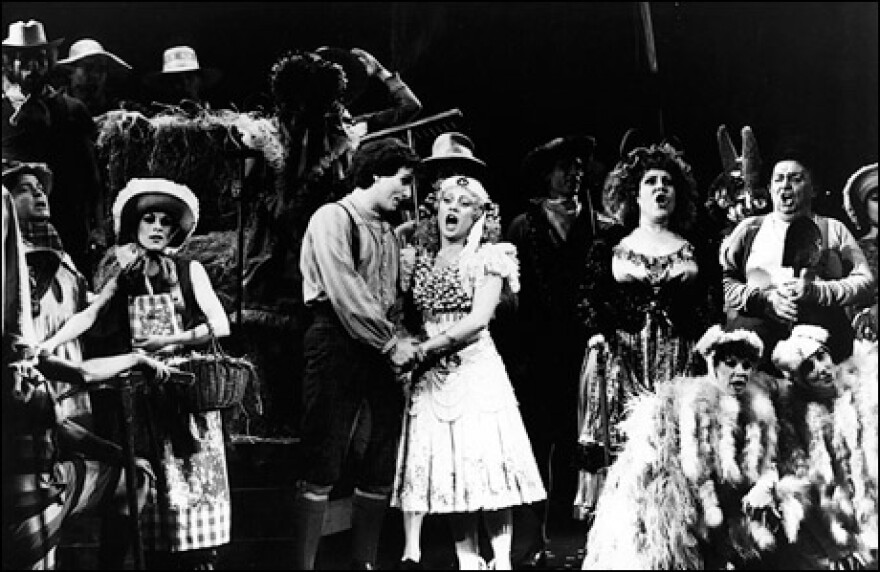
- 1957 --- Three rock and roll acts made their debut on the Ed Sullivan Show: Buddy Holly & the Crickets ("That'll Be the Day" and "Peggy Sue"), Sam Cooke ("You Send Me"), and the Rays.https://www.youtube.com/watch?v=xGxW6vjtiQ0
- 1959 --- Twelve nations, including the United States and the Soviet Union, sign the Antarctica Treaty, which bans military activity and weapons testing on that continent. It was the first arms control agreement signed in the Cold War period.

- 1963 --- The Beatles' first single, "I Want to Hold Your Hand," was released in the United States.

- 1967 --- The Jimi Hendrix Experience album "Axis: Bold as Love" was released in the U.K.
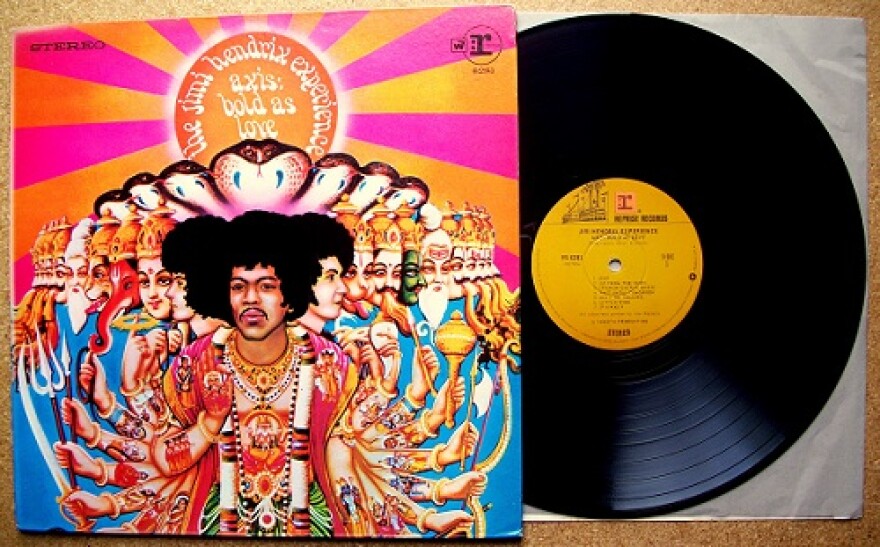
- 1976 --- The Sex Pistols appeared on the British TV "Today." During the interview, profanity was used by the band members. The result was the Sex Pistols being banned in several British cities.https://www.youtube.com/watch?v=wEvGzd8k6WQ
- 1984 --- A remote-controlled Boeing 720 jetliner was deliberately crashed into California's Mojave Desert to test an anti-flame fuel additive. The test proved to be disappointing.

- 1990 --- Shortly after 11 a.m., 132 feet below the English Channel, workers drill an opening the size of a car through a wall of rock. This was no ordinary hole–it connected the two ends of an underwater tunnel linking Great Britain with the European mainland for the first time in more than 8,000 years. The Channel Tunnel, or “Chunnel,” was not a new idea. It had been suggested to Napoleon Bonaparte, in fact, as early as 1802. It wasn’t until the late 20th century, though, that the necessary technology was developed. In 1986, Britain and France signed a treaty authorizing the construction of a tunnel running between Folkestone, England, and Calais, France. Over the next four years, nearly 13,000 workers dug 95 miles of tunnels at an average depth of 150 feet (45 meters) below sea level. Eight million cubic meters of soil were removed, at a rate of some 2,400 tons per hour. The completed Chunnel would have three interconnected tubes, including one rail track in each direction and one service tunnel. The price? A whopping $15 billion. After workers drilled that final hole on December 1, 1990, they exchanged French and British flags and toasted each other with champagne.

- Birthdays
- Marie Tussaud
- Walter Alston
- Mary Martin
- Rex Stout
- Woody Allen
- Lou Rawls
- Richard Pryor
- Bette Midler
- Gilbert O’Sullivan
- Charlene Tilton
National Pie Day-KALW Almanac-12/01/2015

